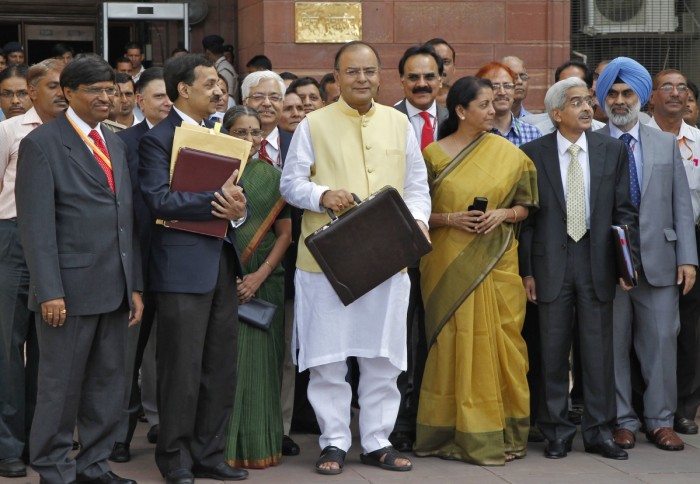[Inspired and in part taken from JAS Wealth’s eBook of the same name]
(1) Do you have a budget? Do you stick to it?
It’s a simple statement which can be made using a pen and paper, an Excel worksheet, an App or anything similar you can imagine. The idea is to bring a pattern to a chaos named family budgeting. After checking out lots of tools – online and offline – we found one simple Excel sheet that you can use to maintain an account of your income and expenditure. Make a request using comment section below; we will mail that to you. Your adviser can and should work with you to develop a budget, one that suits you and your lifestyle and will set you on the right path to live the life you want now and in the future.
(2) Put your debt to work
There are different types of debt – good and bad. Your financial advisor can explain the difference and make sure that – where possible – your debt is working for you and your future. Sometimes at start of your career, when you do not have much of savings, you have to take a home loan to buy your house. But it is not as simple as that. Do you really need to buy one? If you are the only child of your parents and have a spacious house to live in; you may not need to buy a home just to satisfy your ego, or just because your friend has bought one. If you have moved to a different city for work and are planning to buy a house there – think. What if, you may again change your job and move to a different place? Is rent an option? If buying a home makes sense, then what should be the budget? If you get a higher loan amount sanctioned – does that mean that you should take a higher loan? Your financial advisor should guide you here.
(3) Assist you with a savings plan
The benefits of a good, regular savings plan cannot be stressed enough. How do you start? How much can you afford? What will your short-term, medium-term and long-term goals be? What will your savings milestones look like? As your financial coach, your adviser can help you develop a plan that will work for you and will also help you meet the goals you set together.
(4) Invest your money
Saving is one thing and without the discipline of putting something aside it won’t be possible to invest. Investing is something else – investing is making sure your money is working as hard as possible. Where to invest is difficult to know. Your adviser is qualified and has the experience to help you navigate the myriad opportunities available to give you the best options available for you.
(5) Help you realize your goals
There is a way to achieving your goals. First is to talk through and understand your goals. Next is to make a plan – the plan should be clear in showing how you are intending to reach these goals. The plan may change over time as your priorities change and goals need to adapt to changes of mind or circumstances. Your financial adviser will be able to work with you in adapting and reshaping your plan to meet these new goals. But without a plan in place reaching your goals will be much more difficult.
To be continued…




